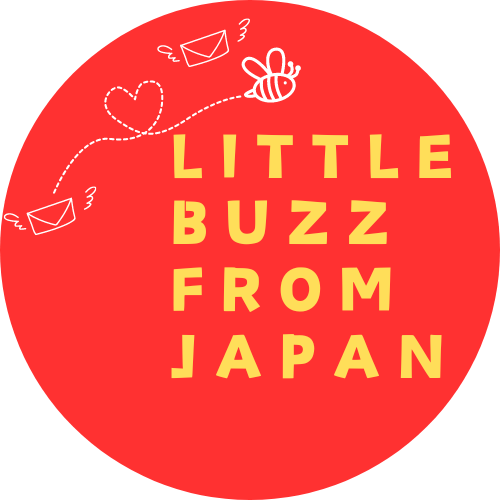
#### The KonMari Essence: Sparking Joy in Non-Japanese Hearts
The KonMari method, at its core, is simplistic yet profoundly impactful. It's about keeping things that speak to your heart and discarding the rest. But what makes it resonate so deeply with non-Japanese audiences, including Europeans and English speakers from all walks of life? The answer lies in its universality—the desire for a space that mirrors one's aspirations and the pursuit of happiness through simplicity. Marie Kondo extends the invitation to journey through one's belongings, carefully considering each item's role and place in one's life. This method encourages a deeper understanding and appreciation of what truly brings joy, making it a universal concept that transcends cultural boundaries.
#### Europe's Embrace: A Cultural Exchange of Tidying Ideals
Europe's fascination with the KonMari method reflects a broader interest in Japanese culture, from minimalistic design to Zen philosophy. However, this decluttering approach has also tapped into the European psyche in a unique way—perhaps due to the continent's rich history, diverse cultures, and the often-cramped urban living spaces where making the most of every square inch becomes a necessity. Europeans have found in KonMari a path not only to more organized homes but to more thoughtful, intentional living. The method's emphasis on items that spark joy resonates with the European pursuit of quality over quantity, a principle deeply embedded in various aspects of European life, from fashion to food to environmental consciousness.
#### The English-speaking World's Fascination: Beyond the Practical
In English-speaking countries, the KonMari method has been received with open arms, fascination, and a dash of skepticism—after all, asking if an item sparks joy can seem perplexing at first. Yet, it's precisely this simplicity and the emotional engagement with our belongings that have captivated millions. The English-speaking audience's interest goes beyond organizational tips; it's a profound curiosity about adopting principles that foster a deeper connection to personal space and a more mindful way of living. The KonMari method has not only cluttered bookshelves (ironically) with guides and illustrated manuals but also sparked conversations about consumerism, materialism, and the essence of happiness.
#### A World United by the Desire to Declutter
What is truly remarkable about the KonMari method's global resonance is its demonstration of a universal desire to reclaim space—physically, mentally, and emotionally. From Japan to Europe to the English-speaking world, individuals are seeking ways to live more intentionally, to turn their homes into sanctuaries that reflect their ideal lives. The KonMari method offers a pathway to achieving this, influenced by Japanese culture but applicable to anyone, anywhere, interested in redefining their relationship with their possessions.
#### Conclusion: A Journey of Self-Discovery and Joy
The KonMari method is more than just a tidying technique; it's a philosophy that guides individuals toward a more meaningful, joy-filled existence by starting with the spaces they inhabit. For non-Japanese people, particularly in Europe and English-speaking countries, it represents a fascinating intersection of cultural exchange, self-improvement, and the universal quest for happiness. It invites people of all backgrounds to explore not just the physical act of decluttering, but also the emotional and spiritual liberation that comes with choosing joy in every aspect of life.
Marie Kondo's simple yet powerful question, Does it spark joy? has prompted a global dialogue that goes beyond clutter, tapping into timeless human values and aspirations. As more non-Japanese individuals embrace the KonMari method, it continues to evolve, enriched by a tapestry of cultural perspectives yet fundamentally rooted in its joy-sparking essence. This is a testament to the method's adaptability and universality, offering a blueprint for living that is as much about letting go as it is about cherishing what truly matters.

